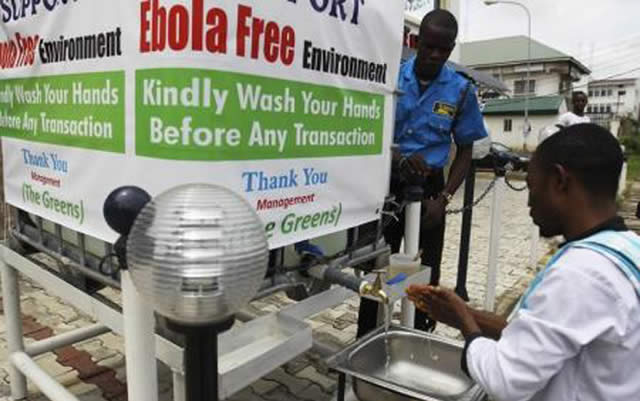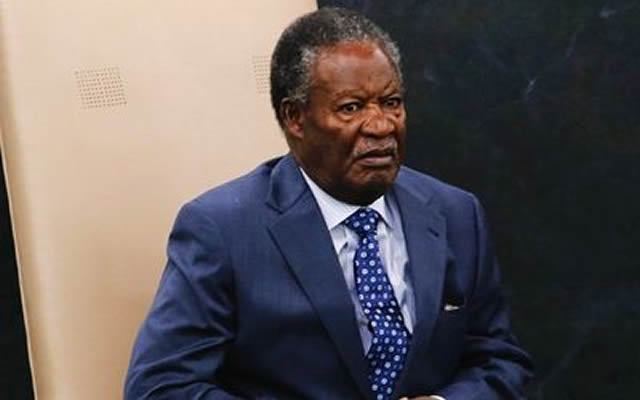West Africa ‘could lose an entire generation’

Liberian President Ellen Johnson Sirleaf says Ebola has brought her country to “a standstill” and that West Africa is at risk of losing an entire generation to the disease. “Across West Africa, a generation of young people risk being lost to an economic catastrophe as harvests are missed, markets are shut and borders are closed,” the Nobel Peace Prize laureate said in a “Letter to the World” broadcast on Sunday by the BBC.
“The virus has been able to spread so rapidly because of the insufficient strength of the emergency, medical and military services that remain under-resourced.”
In neighbouring Sierra Leone, emergency food rations were distributed for a third day on Sunday to give a nutritional lifeline to 260,000 residents of an Ebola-stricken community on the outskirts of the capital, Freetown.
The Waterloo area in Freetown has 350 houses under quarantine with people suspected of having the Ebola virus and infections in the district are rising, according to the UN World Food Programme.
Packets with food for 30 days were delivered to the quarantined homes and to Ebola patients at treatment centres.
Sirleaf noted that the three affected countries were already in bad shape when the outbreak of Ebola, West Africa’s first, began.
“There is no coincidence that Ebola has taken hold in three fragile states Liberia, Sierra Leone and Guinea – all battling to overcome the effects of interconnected wars,” Liberia’s leader said, adding that Liberia once had 3,000 medical doctors but by the end of its civil war, which ended 11 years ago, the country had just 36.
“This fight requires a commitment from every nation that has the capacity to help, whether that is with emergency funds, medical supplies or clinical expertise … It is the duty of all of us, as global citizens, to send a message that we will not leave millions of West Africans to fend for themselves against an enemy that they do not know, and against whom they have little defence,” Sirleaf said.
The worst Ebola outbreak on record has killed more than 4,500 people, most of them in Liberia, Sierra Leone and Guinea.
Meanwhile, the World Health Organisation declared Nigeria Ebola free on Monday after a 42 day period with no new cases, in a success story with lessons for countries still struggling to contain the deadly virus.
“Nigeria is now free of Ebola,” WHO representative Rui Gama Vaz told a news conference in the capital Abuja, prompting a round of applause from other officials.
“This is a spectacular success story … It shows that Ebola can be contained but we must be clear that we have only won a battle, the war will only end when West Africa is also declared free of Ebola.”
The first case in Nigeria, Africa’s most populous nation, was imported from Liberia, when a Liberian-American diplomat called Patrick Sawyer collapsed at the main international airport in Lagos on July 20.
Because the country was ill prepared and had no screening procedures in place, Sawyer was able to infect several people, including several health workers in the hospital where he was taken, which did not have proper protection equipment.
Ebola has killed 4,546 people across Liberia, Guinea and Sierra Leone, the three worst-affected countries.
Nigeria had 20 cases in total, of which eight died.
The announcement that Africa’s biggest economy has, for now at least, stamped out the deadly hemorrhagic fever, follows a similar declaration in much smaller Senegal, where one case was imported from Guinea. — Aljazeera/Reuters.









Comments